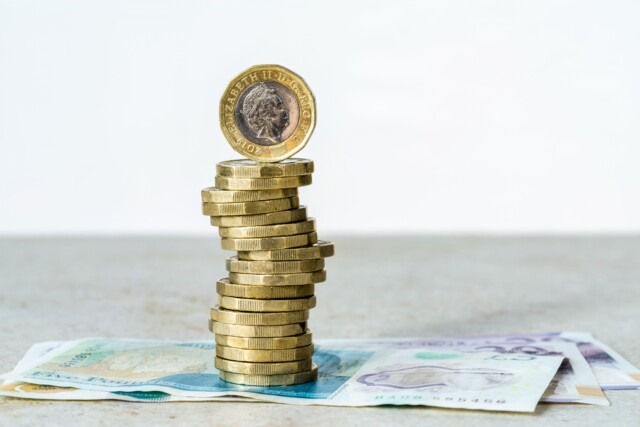THE UK economy grew by 0.1% in the first quarter of 2023 latest figures from the Office for National Statistics (ONS) show.
It grew by exactly the same amount in the final quarter of last year.
GDP grew by 0.1% in the first quarter of 2023
But it came after a 0.3% decrease in March which was largely driven by a drop in the retail and wholesale sector.
Economists had predicted flat growth in March and the 0.1% increase for the first quarter of 2023.
ONS director of economic statistics Darren Morgan said: “Despite the UK economy contracting in March, GDP grew a little over the first quarter as a whole.
“The fall in March was driven by widespread decreases across the services sector.
“Despite the launch of new number plates, cars sales were low by historic standards – continuing the trend seen since the start of the pandemic – with warehousing, distribution and retail also having a poor month.”
The ONS also said that for the third quarter July to September 2022, the economy fell 0.1% instead of 0.2%.
In September last year, the ONS also revised its initial statement that there was a 0.1% fall in GDP between April and June.
It said that it actually grew 0.2% over the three months instead.
Chancellor of the Exchequer Jeremy Hunt said: “It’s good news that the economy is growing but to reach the government’s growth priority we need to stay focused on competitive taxes, labour supply and productivity.
“The Bank of England Governor confirmed yesterday that the Budget has made an important start but we will keep going until the job is done and we have the high wage, high growth economy we need.”
What does it mean for my money?
A healthy economy is one that is growing and not in recession so the latest figures should be good news for consumers.
A country is in recession if there are two consecutive quarters of Gross Domestic Product (GDP) falling.
The year is split into four three-month quarters.
The economy remained unchanged in the three months to January, which means a recession was avoided.
Recessions are bad news because it usually means jobs will be lost and wages will stall.
It can can cause businesses to go into administration or bust too.
This, in turn, means the government gets less tax, which could mean cuts to public services and benefits such as Universal Credit. Tax rates might go up too.
The UK last went into recession in 2020 after the coronavirus pandemic hit, shutting down large parts of the economy.
Do you have a money problem that needs sorting? Get in touch by emailing [email protected]
Did you miss our previous article…
https://hellofaread.com/money/royal-mail-unveils-latest-stamps-to-celebrate-legendary-bbc-comedy/








